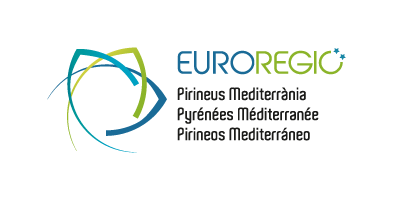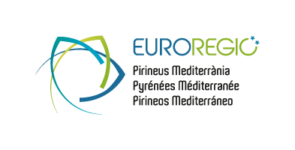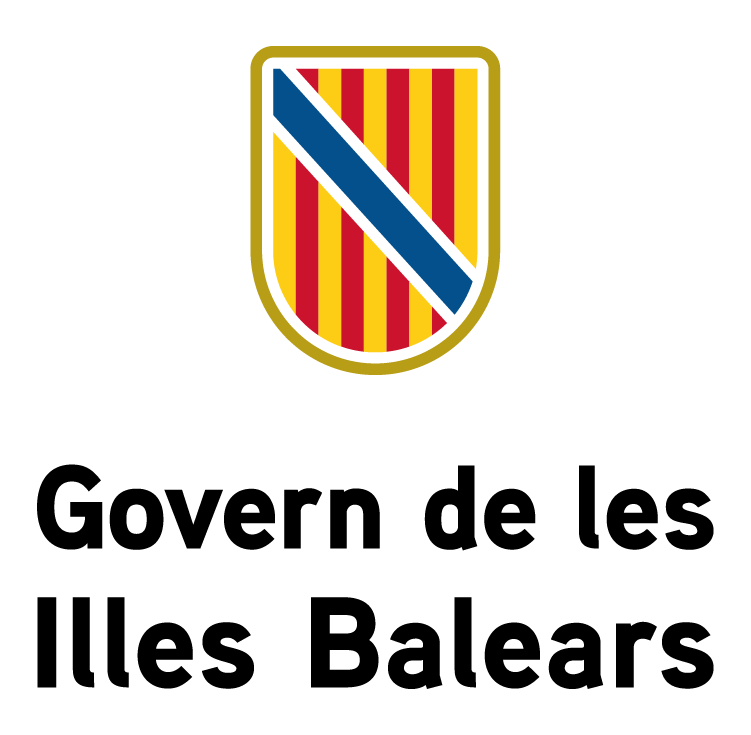In 2014, the Euroregion adopted its RIS3 Research and Innovation Smart Specialisation Strategy that defines the strategic innovation sectors common to the three constituent regions: ehealth and biohealth, food and agriculture, water and tourism.
In 2020, before the pandemic, the Pyrenees-Mediterranean Euroregion launched a Covid-specific Euroregional fund that can be broken down by major strategic sectors:
- with innovation at the service of a Euroregion that has food sovereignty,
- and also with travel and tourism so the Euroregion can become a healthy, safe and resilient destination.
In 2021, the specialisation strategy will be updated for 2021/2027 in line with the European priorities established in the EU’s NEXT recovery plan and the Green Deal.
The new Euroregional 2030 road map will include innovation as a transversal principle to foster sustainable development of the whole euroregion on the basis of a competitive economy: a circular carbon-neutral economy that is ready for digital transition.
In relation to travel and tourism, this continues to be one of the key sectors in which the Euroregion will compete and will underpin a circular, transformed economy.
By way of recap, the Euroregion’s 2017/2020 road map set out a plan of action to:
- become a benchmark centre of cooperation in innovation;
- support innovation, the development of business and business networks: the Euroregion as catalyst;
- to meet that objective, the Euroregion has worked within the framework of “blue growth” for the Mediterranean, in other words working mainly on water and sustainable travel and tourism; it has carried out cooperation projects in those areas and supported innovative young businesses in sustainable travel and tourism such as, for example, in the context of the MIRO in Cube project;
- consolidate the training available in higher education and apprenticeships so that it better matches the Euroregional economic fabric.
More generally, the Euroregion has held competitions for projects and organised calls for expressions of interest to support its objectives and to support the Euroregional economic fabric and, in particular, the innovation capacity of Euroregional SMEs. To do that, it has relied on regional development agencies and locally present industry clusters.









